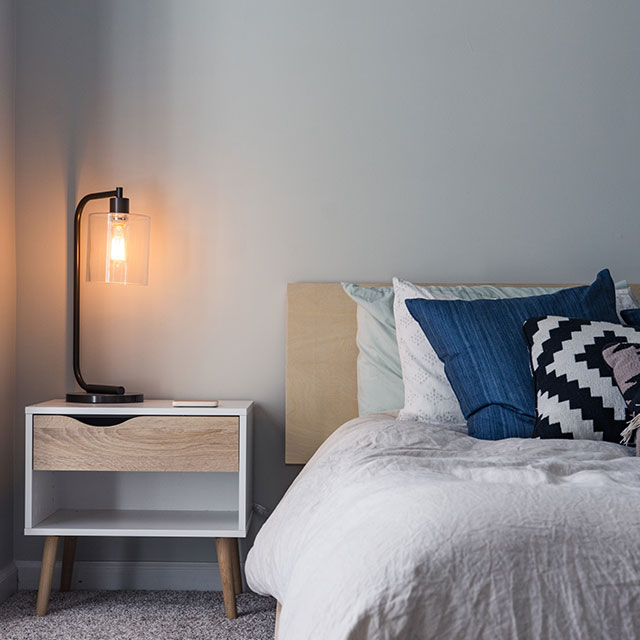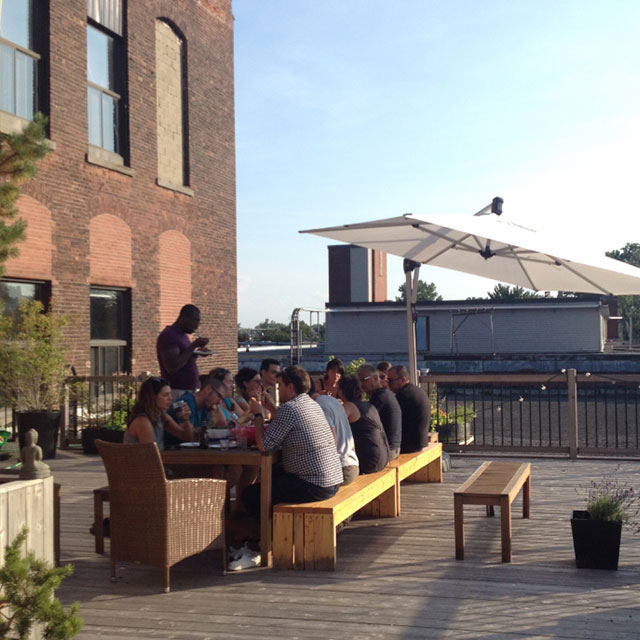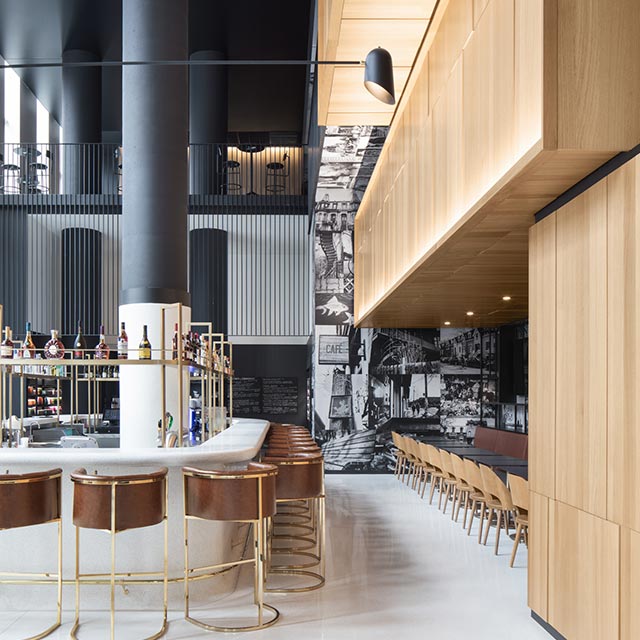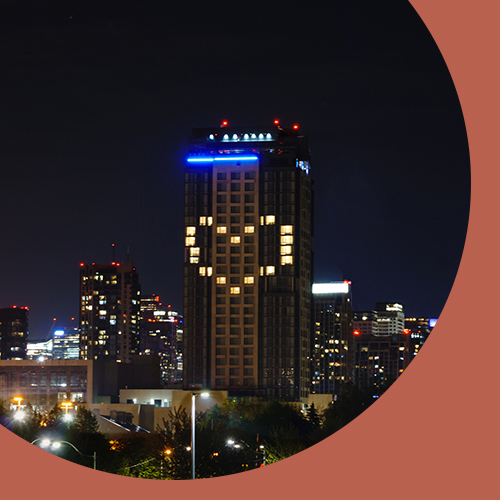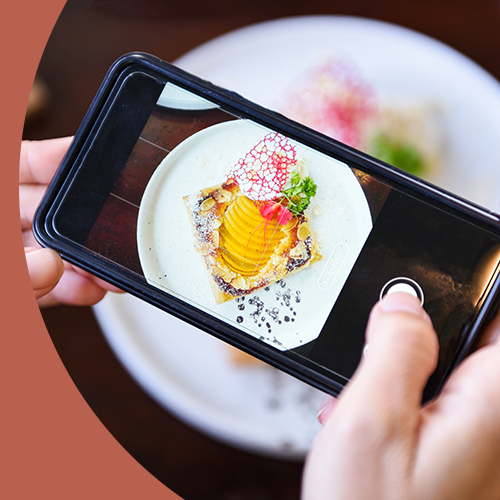4 trends revolutionizing the hospitality industry
The current situation forces properties owners to forecast potential events and predict new trends in order to prepare themselves for the best or the worst situations. Thus, putting the health, well-being and safety of your guests first when they come to stay with you is paramount.
In addition to implementing health safety protocols, respecting social distancing and allowing for booking flexibility, many trends are emerging and revolutionizing the hospitality industry.

Contactless and connected experiences
These days technology is everywhere. There exists an infinite number of new technologies which you can implement in your property, and it’s up to you to choose the ones that will best suit your establishment and your clientele and that will also allow you to minimize the interactions between your customers and your employees while offering them a memorable experience. Moreover, this will also help you to better retain your customers and encourage them to come back to your hotel. In fact, 4 out of 5 travellers say that the implementation of new contactless technologies would encourage them to stay in a property again.
Your Property Management Software (PMS) and its numerous integrations will give you the opportunity to automate your hotel’s systems and prioritize contactless experiences such as online check-in or the use of check-in kiosks. This 100% contactless experience gives your clients the opportunity to confirm their information, accept the hotel’s terms and policies and validate their pre-authorization. They will not have to register at the property’s front desk to retrieve their room key. Simple and efficient isn’t it? Moreover, this will save time at the front desk, ensure health safety protocols are respected and help maintain social distancing. Thanks to your PMS and its integrations, your clients will be in control of their own experience. For example, they will potentially have access to a home automation system in their room, be able to order an item from the restaurant’s menu on their room’s TV, receive personalized messages throughout their stay using their entertainment system or receive specific offers for a unique and personalized stay via a Guest Management System (GMS).
Stays combining work and leisure
With the rise of working from home, travellers wish to combine work and leisure, especially with the ability to work from anywhere. Thus, many properties have decided to convert their rooms into office-friendly rooms to offer a work environment which is peaceful and relaxing and also stimulates creativity and concentration. Therefore, having a fast and efficient Wi-Fi connection and conference rooms will be key factors in the upcoming months. Offering a package which includes a lunch box is an additional selling point for your clientele.
Revisiting restaurant services
Restrictions and social distancing measures pose a real challenge for hotels offering food services. In order to keep contacts to a minimum, many initiative have been put in place, such as using a QR code to view the menu, having the option to pick-up orders and having robotized in-room dining. Another simple initiative is to move tables and chairs from the hotel’s restaurant into the guests’ rooms to allow guests to enjoy the restaurant services in the comfort of their own room.
Eco-friendly stays
Following the recent ecological concerns, individuals are rethinking their daily consumption habits and travellers are more ecologically conscious when they stay at hotels. In fact, 66% of travellers are willing to pay more to stay in an eco-friendly hotel with environmentally friendly sustainable practises. These practises include eliminating plastic and single use shower products, reducing food waste, water consumption and energy, and using 100% recycled linens and towels.
Becoming an eco-friendly hotel is an excellent business strategy for those wanting to cut down on their cost, reduce their ecological footprint and contribute to their clients’ satisfaction. However, this transition requires all parties involved to be motivated and diligent. Promoting your ecological and environmental practises using green marketing will help you strengthen your brand image. Nowadays, 64% of establishments use green marketing to sell their products and services.
While being consistently evolving, the hospitality industry has always been able to adapt to new trends and reinvent itself to better anticipate its clientele’s needs. Respecting social distancing and health safety protocols is now more than ever a necessity. Hotel managers must therefore meet their clients’ expectations regarding these norms by investing in technology. This ensures guests are satisfied and have a successful experience no matter what the situation is.
 Log in
Log in
